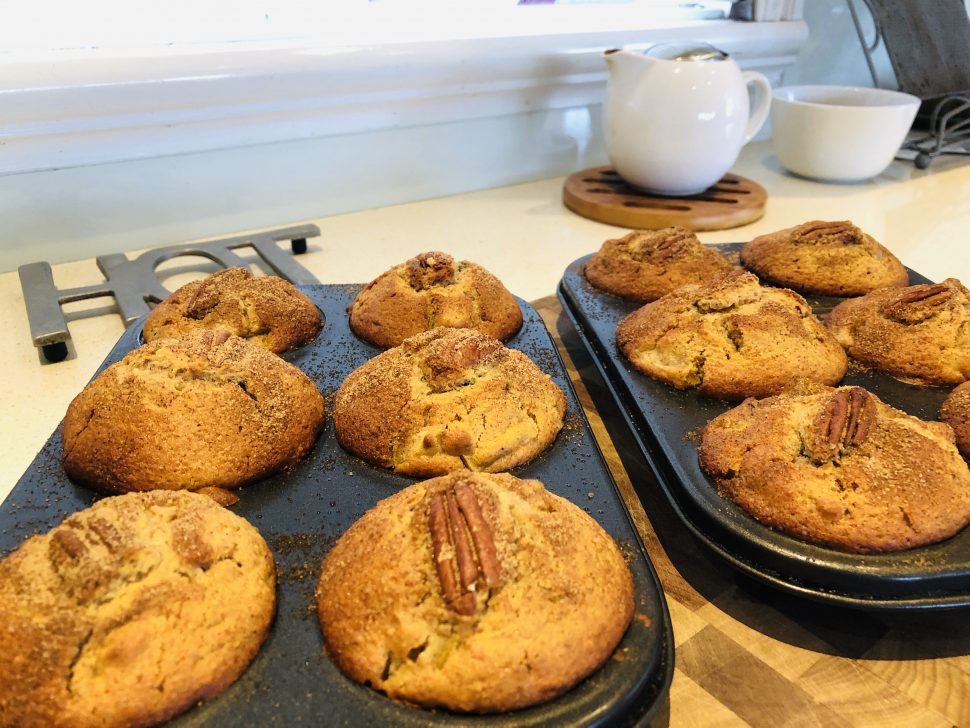SCIENTIFIC FACTS ABOUT YOUR DIET, IMMUNE SYSTEM AND COVID-19
By Richard Bell,

Adam Usher says…
Besides washing your hands, the best way to prevent coronavirus is to make sure your immune system is in good shape. That means getting all the sleep you can, not overexercising (but not under-exercising, either), and eating a nourishing, varied and complete diet.
That way, if you’re exposed to the virus, you’ll be stronger to fight it. That’s what the immune system does.
The job of your immune system is to keep you healthy by killing off pathogens such as viruses and harmful bacteria (like coronavirus), or even unhealthy cells that have been damaged by the sun or cancer. Vaccines, which I am 100% supportive of, help your body fight off some viruses like flu. Unfortunately, there is no vaccine for coronavirus. Hopefully soon.
While there are a lot of products promising ‘immune-boosting’ properties, an overactive immune system isn’t a good thing. Diseases and conditions such as lupus and even seasonal allergies, are examples of what happens when the immune system goes into overdrive. So technically, it’s not a good idea to ‘boost’ your immune system, unless you want to feel terrible all the time.
Instead, you want to ensure a balanced immune response – which means that your immune system is functioning normally, and not over or under responding to invaders.
Here’s a very oversimplified rundown of the immune system:
There are two parts of the immune system: the innate and the acquired.
The innate response comes in first in the form of the skin forming a natural barrier to pathogens, a fever (to boil the invader to death), a cough (to eject the nasty things out of your body), and increased mucus production to trap anything that’s not supposed to be inside of your respiratory system. You’ll see fever and coughing with both the coronavirus and the flu.
The acquired response is the secondary response. Once a pathogen gets past the innate response, your body jumps into action to control the infection by releasing immunoglobulins (aka antibodies), which are proteins in the blood that attack and destroy antigens.
Both the innate and acquired systems require certain nutrients to ensure that they work properly. That’s where diet comes in!
The main vitamins and minerals required for a healthy immune system are: vitamins A, C, D, E, B2, B6, and B12, folic acid, iron, selenium, and zinc. These are all readily available in most peoples’ diets, with the exception of vegans, who may need B12 supplementation if they’re not consuming B12-fortified foods. Vitamin D can also be sub-optimal if you’re not eating animal products or eating fortified foods.
Here are some good sources of the above vitamins and minerals:
- Vitamin A, C: Brightly coloured fruits and vegetables
- B vitamins: Whole grains, meat, dairy, legumes
- Vitamin E: Avocadoes, nuts, and seeds
- Vitamin D: Salmon, mushrooms, egg yolks and fortified dairy
- Folic acid: Whole grains, leafy greens
- Iron: Meats, beans, tofu, beans
- Selenium: Brazil nuts, meat, eggs, dairy
- Zinc: Meat, shellfish, legumes
In short, if you’re not getting enough of these nutrients, your immune system might suffer.
There are no ‘superfoods’ that help with immunity.
Here are some of the foods being promoted on social media that people are claiming can help prevent and treat coronavirus:
Probiotics: We just don’t know about probiotics. First of all, we have zero clues as to which bacteria can help with the prevention of viruses. Also, everyone’s microbiome is different – so what works for one person might not work for another. Probiotics are not harmful if you decide to take them anyway.
Elderberry: The evidence for elderberry is weak and based on small studies. It also evaluates elderberry as a treatment for cold and flu symptoms, not for the prevention of illness. Hey, if you like elderberry and want to take it, no dramas.
Colloidal silver: I have no idea why anyone would want to ingest silver. Not only does colloidal silver have no evidence behind the claims people are making about its preventative mechanisms, it’s also toxic. Do not take it.
Essential oils: Sorry, but no. They might be ‘antimicrobial’ and ‘antiviral,’ but trying to kill coronavirus with lemon oil is like trying to kill a rattlesnake by stepping on it. Essential oils smell nice, and that’s it.
Cysteine: One old, small study shows reduced flu episodes in people who were taking cysteine for 6 months…meaning, they took it long-term as prevention, not amid a viral outbreak. Still, this is poor quality research. Not recommended at all.
Vitamin C: You get enough vitamin C in a stalk of broccoli or an orange. Over-consuming water-soluble vitamins such as vitamin C just results in expensive urine, since that’s where excess of these vitamins end up. Your recommended intake is around 70-90mg/day, which you can easily get from 1/2 cup of capsicum, or many other foods.
Selenium: Selenium is well-known for its role in a healthy immune system. But that doesn’t mean you need to take selenium supplements. Most adults need 55 micrograms of selenium a day, which you can get by eating a single Brazil nut. If you don’t’ like, or can’t eat Brazil nuts, get your selenium from turkey and other meats, eggs, oatmeal and a variety of other foods. Also: overconsumption of selenium is a thing, and can happen if you mega-dose it with supplements.
Alkaline water: NO. Please just, no.
Spirulina: This algae is a known antioxidant, but can it prevent coronavirus? No. There is some weak research that suggests spirulina can increase killer cell activity (great if you have a virus), but evidence is still lacking. If you want to take spirulina for its other health benefits, notably protein and antioxidants, go right ahead.
Honey: Not even close.
The primary problem with believing nonsense like the above is that it gives people a false sense of security. You are not less likely to get coronavirus if you’re taking megadoses of vitamin C or ‘sanitizing’ your hands and countertops with essential oils.
In short, here’s what you can do to help prevent coronavirus:
- Wash your hands properly, with soap
- Stop touching your face (yeah, I know. It’s tough)
- Don’t hang around sick people.
- Eat a balanced diet.
- Don’t wear yourself down by over-exercising or stressing out (but exercise regularly).
- Get enough sleep.
Filed under: Uncategorized
Comments: Comments Off on SCIENTIFIC FACTS ABOUT YOUR DIET, IMMUNE SYSTEM AND COVID-19

